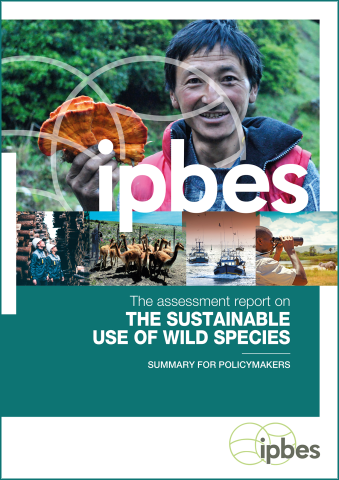Five years have gone by since 2010 was proclaimed International Year of Biodiversity and culminated in the Nagoya International Conference on Biodiversity. That conference produced the Nagoya Protocol, which set new aims for the protection of planetary biodiversity. But, as has been the case for many years with climate change, the failure of a sufficient number of states to ratify the protocol and the lack of real motivation have prevented effective action to halt the decline in biodiversity. Yet, matters have reached a serious pass, as Jérôme Bindé shows, and unless we realize this, we are as a species sawing off the branch of the tree that sustains and feeds us.
After reviewing what is meant by biodiversity and the difficulties of “measuring” it, Jérôme Bindé stresses the importance of the threats its reduction poses for humanity, drawing particularly on the case of biodiversity in the Mediterranean area. Given the clear failure of international action up to this point, he argues for the establishment of a “natural contract” (Michel Serres), based on concrete action plans for terrestrial and marine biodiversity, such a contract to be championed by a global alliance. These plans need to be carried out as a priority at the thirty or so sites which are already in a critical state; the cost of such action, though not negligible, is still reasonable by comparison with other global expenditure and is nowhere near the cost of the consequences of inaction.



